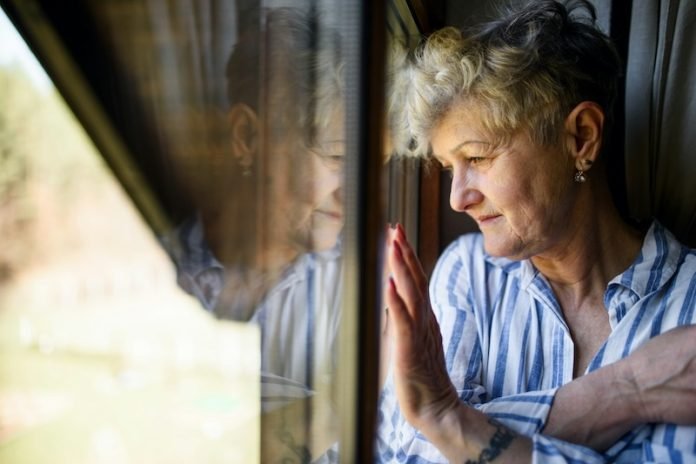
A new study by Mayo Clinic has unveiled a striking connection between social isolation and both biological aging and mortality risk.
Published in the Journal of the American College of Cardiology: Advances, the research underscores the profound impact of social connections on physical health and longevity.
It suggests that social interactions should be considered a crucial aspect of the social determinants of health.
The study delved into the effects of social contact on biological aging by analyzing data from over 280,000 adults who received outpatient care from June 2019 to March 2022.
These participants had completed a questionnaire on social determinants of health and had their AI-enabled electrocardiogram (AI-ECG) records available, which were used to estimate biological age in comparison to chronological age.
AI-ECG is a technique developed by Mayo Clinic researchers to predict the heart’s biological age, with a positive age gap indicating accelerated aging and a negative one suggesting deceleration.
Social isolation was assessed using the Social Network Index, which evaluates the extent of an individual’s social interactions across six areas, including participation in social groups, frequency of social activities, telephone conversations, attendance at religious services, in-person gatherings, and marital or partnership status. A scoring system was applied to the responses, identifying levels of social isolation.
The findings revealed that individuals with higher Social Network Index scores, indicating a stronger social network, exhibited smaller AI-ECG age gaps. This correlation persisted across all demographics, highlighting the universal importance of social connections.
Moreover, the study found that social network status had a significant impact on the risk of death. Over a two-year follow-up, around 5% of participants died, with those scoring low on the Social Network Index facing the highest mortality risk.
Interestingly, the research also shed light on health disparities, with non-white participants displaying larger average age gaps than their white counterparts, particularly among those with lower social network scores.
This suggests that the effects of social isolation on health and aging may be even more pronounced in non-white populations.
Dr. Amir Lerman, a Mayo Clinic cardiologist and senior author of the study, emphasized the critical link between social isolation, health, and aging.
He pointed out that social isolation, along with demographic and medical factors, is a significant risk factor for accelerated aging.
However, Dr. Lerman also noted that behavior changes, such as increased social interaction and adopting a healthier lifestyle, can significantly improve overall health.
This study not only highlights the health risks associated with social isolation but also offers a beacon of hope, suggesting that enhancing social connections and making positive lifestyle changes can potentially slow biological aging and reduce mortality risk.
If you care about wellness, please read studies about how ultra-processed foods and red meat influence your longevity, and why seafood may boost healthy aging.
For more information about wellness, please see recent studies that olive oil may help you live longer, and vitamin D could help lower the risk of autoimmune diseases.
The research findings can be found in JACC: Advances.
Copyright © 2024 Knowridge Science Report. All rights reserved.




